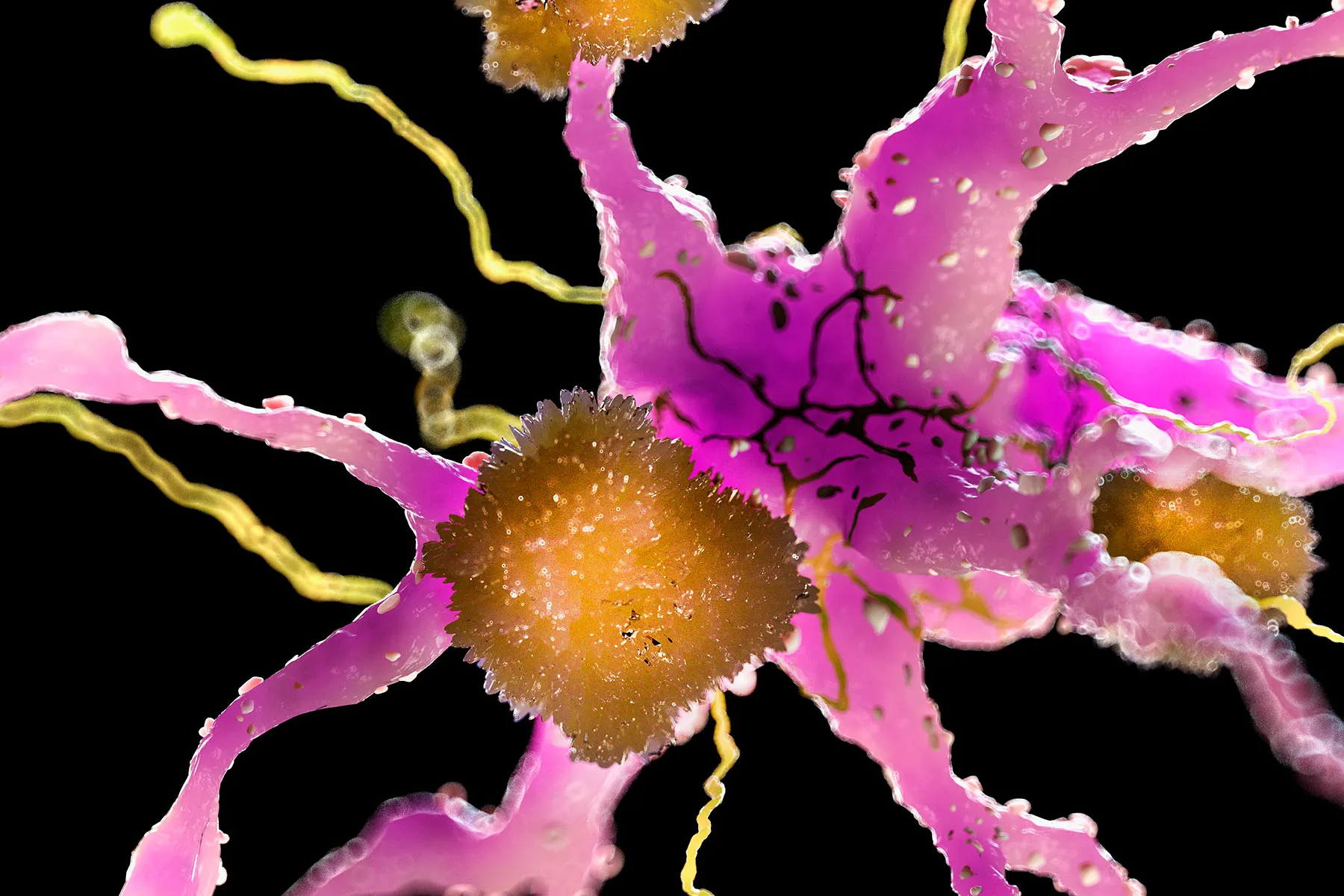Incarcerated Women: Forgotten Victims of Abortion Bans
Obtaining any form of reproductive healthcare in the prison system is already risky. Imposing new restrictions on pregnant incarcerees following the reversal of Roe v Wade will add to the risk, writes a women’s health advocate.

After the Supreme Court overturned Roe v. Wade, nearly every woman, particularly women of reproductive age, is anxious about the future, as many states move to ban abortion.
But one group that is often forgotten, yet quite possibly is the most vulnerable, comprises incarcerated women.
Nationally, there are 58,000 women pregnant behind bars. Put another way, roughly 3 percent of female admissions to U.S. jails are pregnant people, according to a 2020 study.
Currently, these women receive less than adequate pregnancy care. Eliminating the right to an abortion will only worsen their access to proper life-saving healthcare.
While many believe that individuals seek abortions because they don’t want a child, there are various legitimate medical reasons for the procedure. Abortion can be a life-saving surgery for a woman facing certain medical complications of pregnancy.
The American College of Obstetricians and Gynecologists notes that these can include placental abruption, in which the placenta separates from the uterine wall and causes massive life-threatening hemorrhage, and advanced preeclampsia, or severely high blood pressure that leads to multiple organ damage and grand mal seizures in a pregnant mother.
Other medical complications that can lead to a pregnant mother’s death include ectopic pregnancies, in which the baby develops outside the uterus, like in the Fallopian tube or even the ovary.
Drug use, alcohol use and smoking are common risk factors which exacerbate the complications listed above, placing incarcerated women at a far greater risk of developing these complications of their pregnancies than the general public.
Another major medical reason for abortion is chromosomal abnormalities that deteriorate the child’s quality of life and lead them to bear higher disease burden and mortality than children without these abnormalities.
These chromosomal conditions are often detected as early as the first trimester with screenings such as prenatal ultrasound and maternal blood screen between weeks 11 and 13 of gestation, chorionic villus sampling between 10 and 12 weeks gestation, and amniocentesis between 15 and 18 weeks of pregnancy.
Detecting these chromosomal and structural abnormalities is critical, as they can often lead to severe morbidity, and even death, early in the child’s life.
Conditions such as anencephaly culminate either in miscarriage before birth or death within hours, days, or weeks of birth.
Similarly, birth defects like spina bifida and heart defects may also culminate in death shortly after birth.
Children born with Tay-Sachs Disease suffer from a multitude of severe symptoms, including movement problems, hearing loss, and recurrent seizures before dying from their conditions between the ages of 3 and 5 years. Therefore, the physical and mental suffering for both mother and baby can warrant an abortion.
Considering the medical facts, it is extremely reasonable for a mother to choose an abortion, even with the prospect of great mental hardship.
However, when it comes to pregnant women in prisons, obtaining any form of reproductive healthcare in the prison system adds to the burden.
As of now, 68 percent of prison systems require individuals to pay for their own abortions, a venture that is extremely difficult for someone making only a few cents per hour in a prison job.
Additionally, in 36 percent of prison systems, pregnancy testing is not required. Therefore, in areas where abortion is only allowed in the first trimester, many are unaware they are pregnant until they no longer have any option.
Even after birth, the prison system becomes rough terrain for both mother and baby.
They are only given 24 hours with each other before they are placed in foster care with relatives, which is undoubtedly substandard to the love a mother can provide.
Given that experts recommend at least three months of skin-to-skin contact between a mother and her baby for the baby’s early development, the rules enacted by prison systems lead to several additional emotional and mental health problems later in the child’s life.

Annika Agarwal
Ultimately, we must protect abortion rights across the country, as they are a mother’s only chance at safety and prevention of the devastating life consequences medical complications can have for her or her child.
For incarcerated women who already suffer from unjust healthcare rules and poor access as it stands, abortion rights remain the last thread connecting pregnant mothers with any hope for a safe and healthy pregnancy.
Annika Agarwal is a student at the University of Pittsburgh, a women’s health researcher and advocate, and a member of Physicians for Criminal Justice Reform (PfCJR). She can be contacted at annika.agarwal@pitt.edu or ana175@pitt.edu

 Landwebs
Landwebs 
























/cdn.vox-cdn.com/uploads/chorus_asset/file/24430706/elon_musk_twitter_for_you.png)